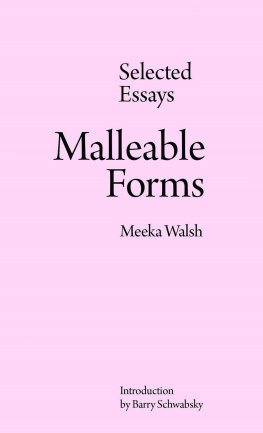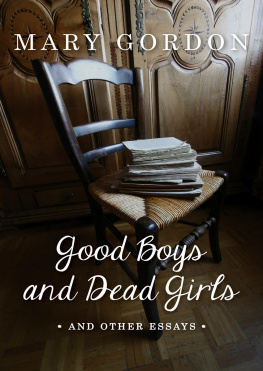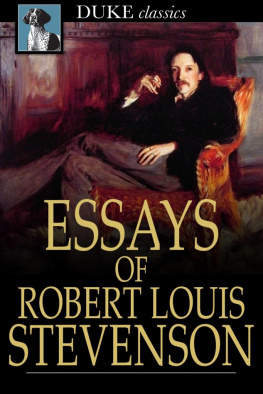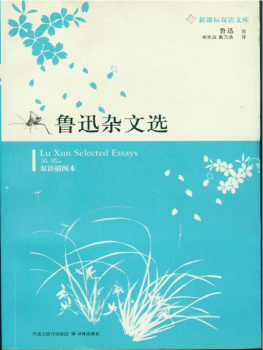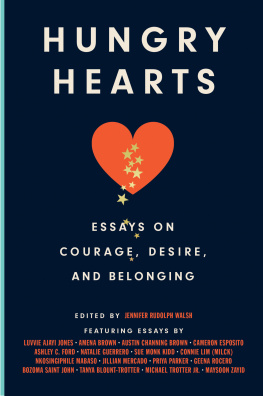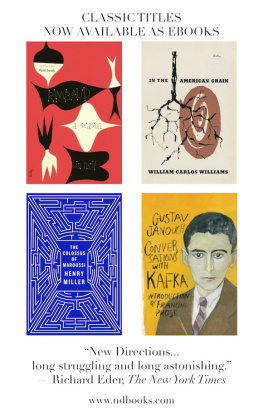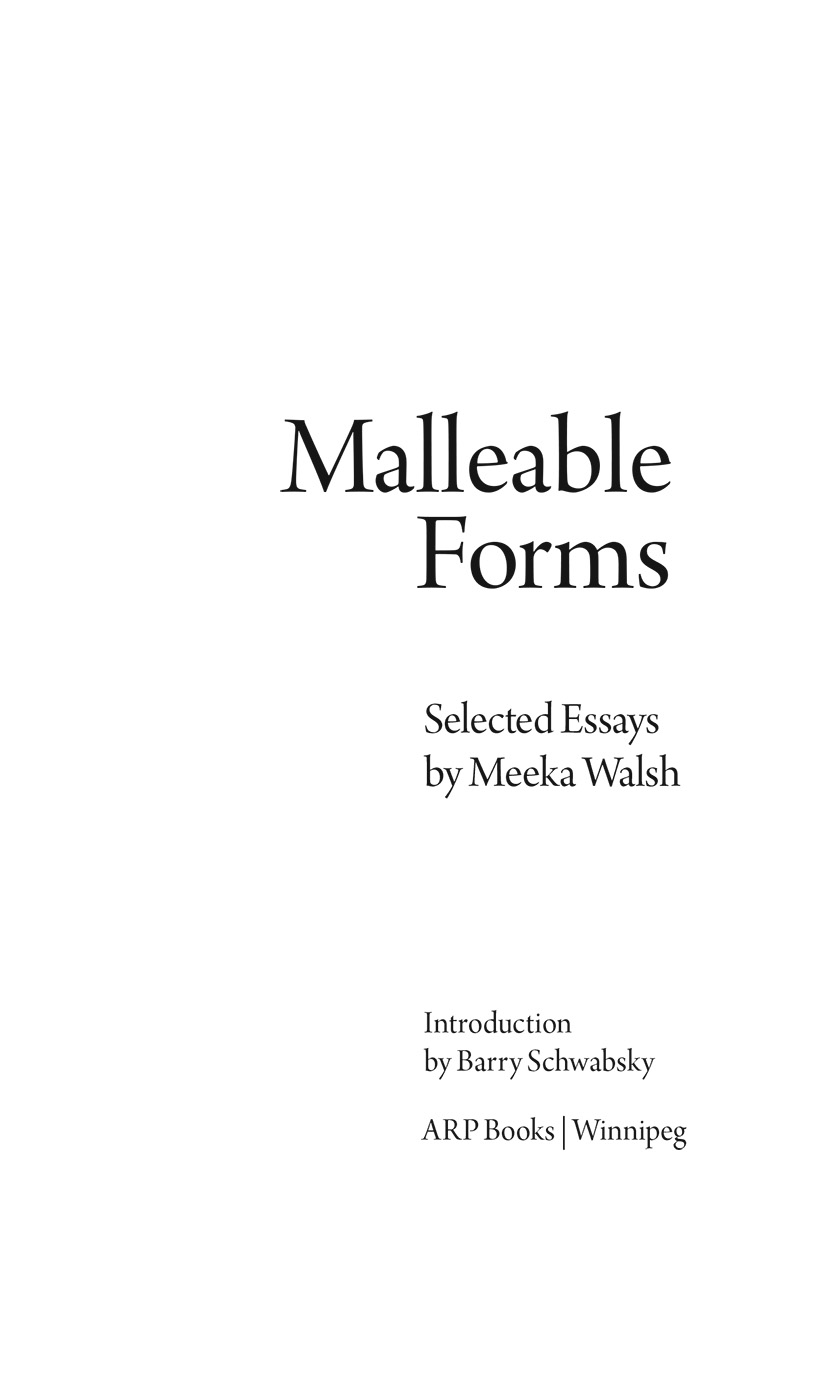
Contents
The Woman Who Watched a Stone Grow
by Barry Schwabsky
The Subject Is Writing
A Mothers Story,
for Brief Moments,
in Dreams: The Problems of Language
Peter Handke has produced something remarkable in A Sorrow Beyond Dreams: A Life Story. He has written a biography of his mother, after her death by suicide, in which he has drawn a portrait of her essence without in any way usurping her person through metaphor. Writing with restraint and with his usual crafted, weighted use of languagebut more unpacked than that word impliesword by word like a single struck piano key, he has given the reader this woman who was also his mother, and the period and place in which she lived: the leaden, hopeless, and dread-full place that was Austria and Germany in the decade before the Second World War, during the period of National Socialism and then, after that, the Soviet occupation. Written in astonishing haste in JanuaryFebruary 1972, almost immediately following her death, he felt he must capture what he could because, as he explains in the books second paragraph, My mother has been dead for almost seven weeks; I had better get to work before the need to write about her, which I felt so strongly at her funeral, dies away and I fall back into the dull speechlessness with which I reacted to the news of her suicide. Yes, get to work for as intensely as I sometimes feel the need to write about my mother, this need is so vague that if I didnt work at it and in this intense vagueness he posits the contradictions inherent in writing anything that could be truthful to the person being made anew on the page. There is no clear transcription; in writing there is always the danger of artifice. The story takes over; the language cant carry the meaning and also remain transparent. And you cant force memory, cant force the issue, can deal with the scarring only when you are able. He had to get in before the tissue began to harden. So hes working against expediency, against the natural inclination for ease, retreat, and protection, and gathering the pieces out of which to make a biography sufficient to remember. Putting in place the person he can remember, and wary of the effects of his making.
Its Nabokov without the essential comma. His gorgeous Speak, Memory . Speak, Nabokov gently cajoled. Talk to me memory, said the inserted comma. Handke isnt without recollection or anecdotes relating to his mother. But where Nabokov is calling on his memory to come forward with the goods and tell him his lifes stories, Handke is first making solid the goods on which he can later hinge his memories. He doesnt want stories, although he does refer to his work in A Sorrow Beyond Dreams as the story of his mother.
A lack of affect is a symptom of unwellness. Flatness and detachment are not just reflections of objectivity but speak to isolation and a lack of emotional connectedness. When A Sorrow Beyond Dreams was reissued by Farrar, Straus and Giroux in 2002, it was accompanied by an introduction by American writer Jeffrey Eugenides. The most striking thing about the book, he wrote, is Handkes disciplined detachment from his subject, a mode of inquiry that offers nothing remedial or heartwarming in the way of a typical account of a parent loved and lost. Im not sure I agree. I think it speaks to Handkes style but also to the horror to which he refers consistentlyhis own at his mothers dying and his sense that it was an event experienced by her as horror. What the writing exhibits is his corresponding emotional retreat, which he describes as boredom alternating with apathy and speechlessness. He is simply overcome, disabled. The emotionally stripped language he uses is metonymically accurate to the conditions he is presenting: the untenable historic period for which almost any language is inadequate and the political, cultural, and social prescriptions that applied. And his mothers specific situation of poverty, an insistence on the absence of expectations, contempt for education, the requirement that no one distinguish themself in any way. No spontaneity, no self-assertions. Cheated out of your own biography and feelings, Handke writes, you became skittish; you shied away from people, stopped talking. Handke says, She had also had to husband her feelings so much that she expressed them only in slips of the tongue, and then did her best to gloss over them.
This effacing of her biography by the joyless circumstances of her life shudders the core of Handke and is compounded by his mothers despair in recognizing early on, from the program described for her, that she was nothing and never would be anything; it was so obvious that there was no need of a forecast. She was dead by her own hand, and his horror and grief remained. The writing that he thought would save him has failed. Writing has not, as I first supposed, been a remembering of a concluded period in my life, but merely a constant pretence at remembering, in the form of sentences that only lay claim to detachment.
You cant wish an alternate life for someone else sufficiently to apply it to them, like sewing a shadow to their heels; it wont adhere, and what youre doing finally is building it for your own romance. Hence his despair. His writing had failed him, and here is the struggle with language. If he writes in a general way about the life of a woman whose situation is like hers, it can apply broadly. The descriptions can be more abstract in their applicability. Then the individual who was the impetus for the writing is overlooked and the result is precisely what he never intended it to be: a literary ritual in which an individual life ceases to be anything more than a pretext. The high wire is stretched taut between documentary reporting and losing the individual, who becomes, as Handke describes it, painlessly submerged in poetic sentences. The two poles have slowed down my writing, because in every sentence I am afraid of losing my balance.
In the introduction, Jeffrey Eugenides refers to the work of American writers from the same period as A Sorrow Beyond Dreams . In America, the generation of postmodern writers recognized there were no truths; the writing that issued then was a surfeit of fiction, an almost backlash response to the recognition of the apparent void truth left when it withdrew, a heaping of fiction upon fiction, as Eugenides described it. But Handkes history is different, his expectations also differentthere had never been, for him, a West to which this young man could go, no striking out for the territories. Temperamentally and historically he carried a weight that would never have been shared by American writers. Where the death of truth resulted for them in what Eugenides identifies as an invitation to the carnival of imagination, Handke is seeking the truth. His mothers life was tragically limited in the possibilities offered a bright and curious girl and womanher biography was, he felt, painfully spareand he wanted for her and for himself to fully acknowledge who she had, in effect, been. Not the story of a life subject to the reduction or amplification of having been written, but the actual, the real and true, and here hes stuck with the vagaries and shift of memory. Or he can produce a Lebenslauf , the equivalent of what Eugenides calls a resum life, a fact-sheet biography.
Handicapped by his determined intention to create no fictions, that is, to extract himself from his role as writer, he despairs: I can only move myself into the distance, my mother can never become for me as I can for myself, a wingd art object flying serenely through the air. She refuses to be isolated and remains unfathomable; my sentences crash in the darkness and lie scattered on the paper. He grapples with the limitations of writing, but this is his craft and he is equipped, but what he also insertsand this throughout the bookare his noting flashes of horror, terror, fear. They are searingly sharp, pointed, and brief, and they pierced the skin of his mothers biography for all of her life, even to its end.
Next page
